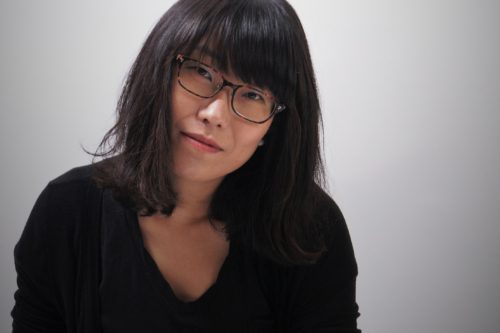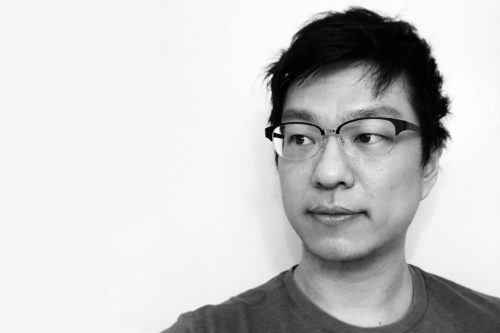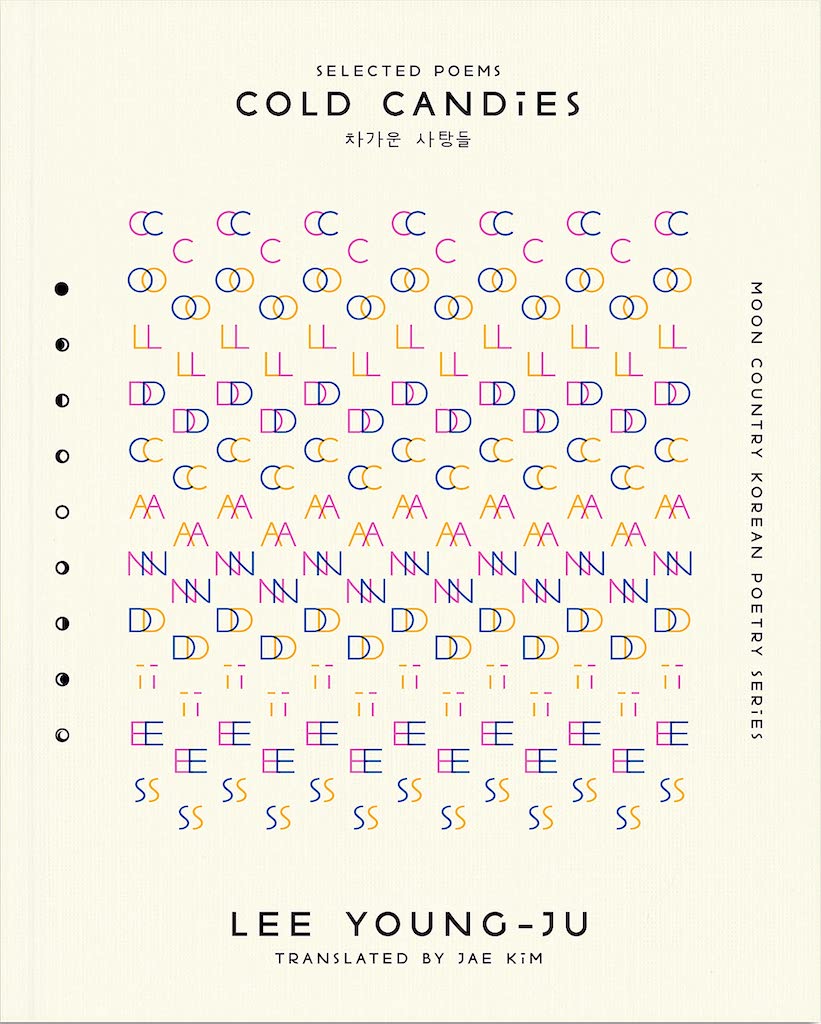Behind the door. Hanging upside down, like a bat. I wanted to bury my face where urine came out in a fine stream between the pastor’s legs. Is every history made false the moment it’s told? Even the peak of the pyramid from which children were thrown, having had their hearts carved out, can’t reach my origin, where my prayers go. My mother said, about my heart: If I could’ve plucked it from the fossil, I wouldn’t have left you in the desert. Isn’t it strange that my breasts were cold until I became an adult? The black nails on my chest grew a little each time I turned onto the street where I lived. I grew a bat’s pointy, bulky body. Grown men, too, because I have a history of dying, wrapped their hands around my heart and breathed into it. I became a bat woman with many hands. The hymn echoing through the basement was tender. When the time came to pray, I held, with my burning, blackening hands, the many hands that sprouted from my breasts. When I passed by men who longed to be children again, I called for my mother. Mother was behind the last door, upside down. Like a bat, she taught her pups how to hang.
The Ritual to Come of Age
Feature Date
- March 9, 2022
Series
- Translation
Selected By
Share This Poem
Print This Poem
“The Ritual to Come of Age” from COLD CANDIES by Lee Young-Ju.
Published by Black Ocean on December 7th, 2021.
English copyright © 2021 by Jae Kim.
All rights reserved.
Reproduced by Poetry Daily with permission.
“These poems call to mind the plays of Samuel Beckett, paintings by Francis Bacon, and films such as Nobuhiko Obayashi’s House, but in the end they realize a highly original horror, one that allows the reader to observe their own anxiety as separate, an entity apart, like the various elements in Young-ju’s elaborate scenes. What these poems offer, among other things, is a chance to grapple with our estrangement from the dead: ‘We wrote eulogies to deepen your name. We wrote, shipwrecked in reality.’”
—The Poetry Foundation, Harriet Book Reviews
“Each poem, each fragment is like a cinematic seamless shot, panning across the familiar yet defamiliarized landscapes—the fabled and fated—of girls, sisters, mothers, and grandmothers.”
—Don Mee Choi
“What a tonic pleasure to traverse the distinctive topology of Lee Young-ju’s poetic world, in which blanket and pillow, grave and heaven form an impossibly continuous shoreline on a wondrously inverting scale. Jae Kim’s English translations render Lee’s sightlines with a deft sonority and offer a radically responsive sense of the possible.”
—Joyelle McSweeney
Poetry Daily Depends on You
With your support, we make reading the best contemporary poetry a treasured daily experience. Consider a contribution today.






